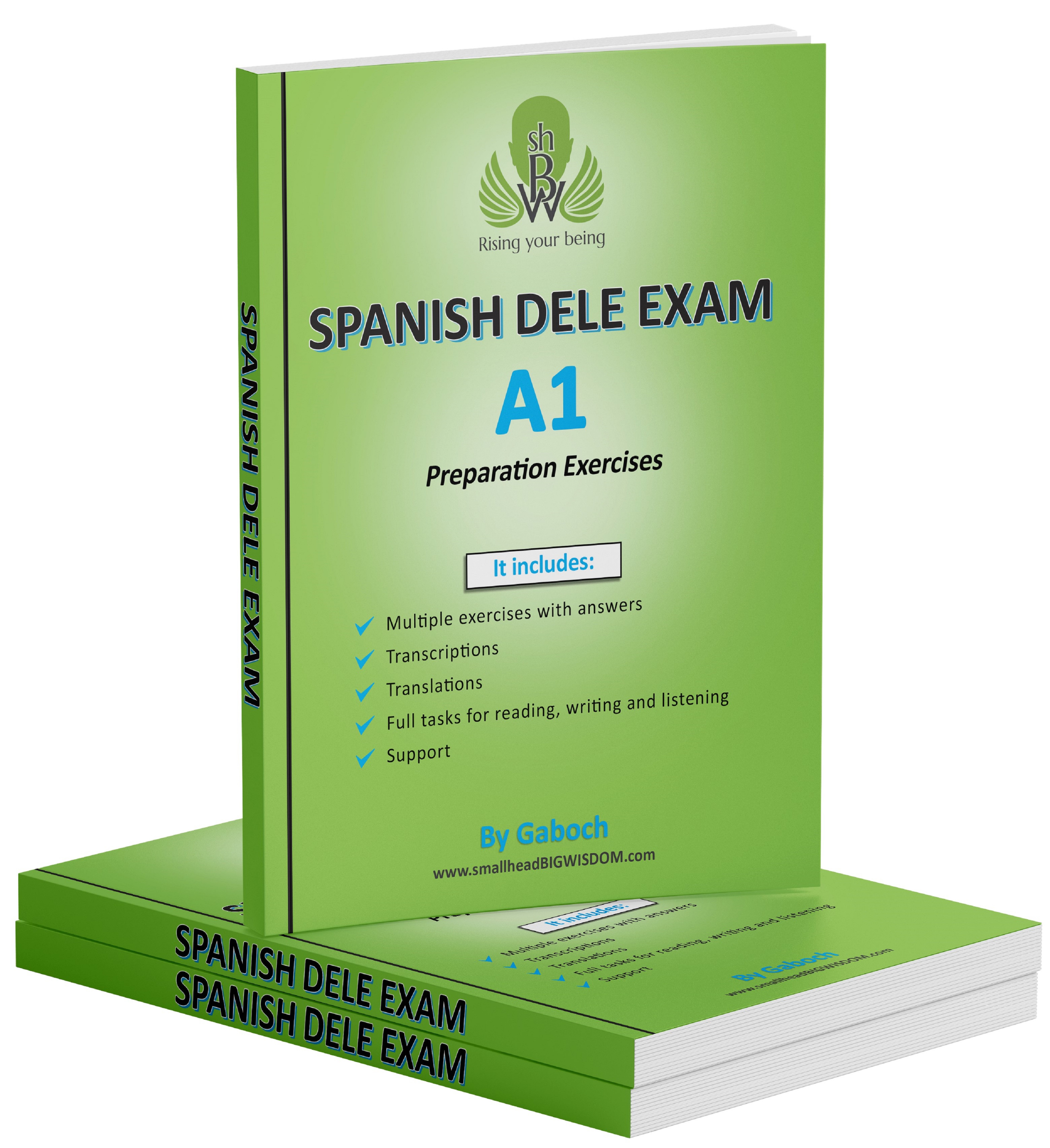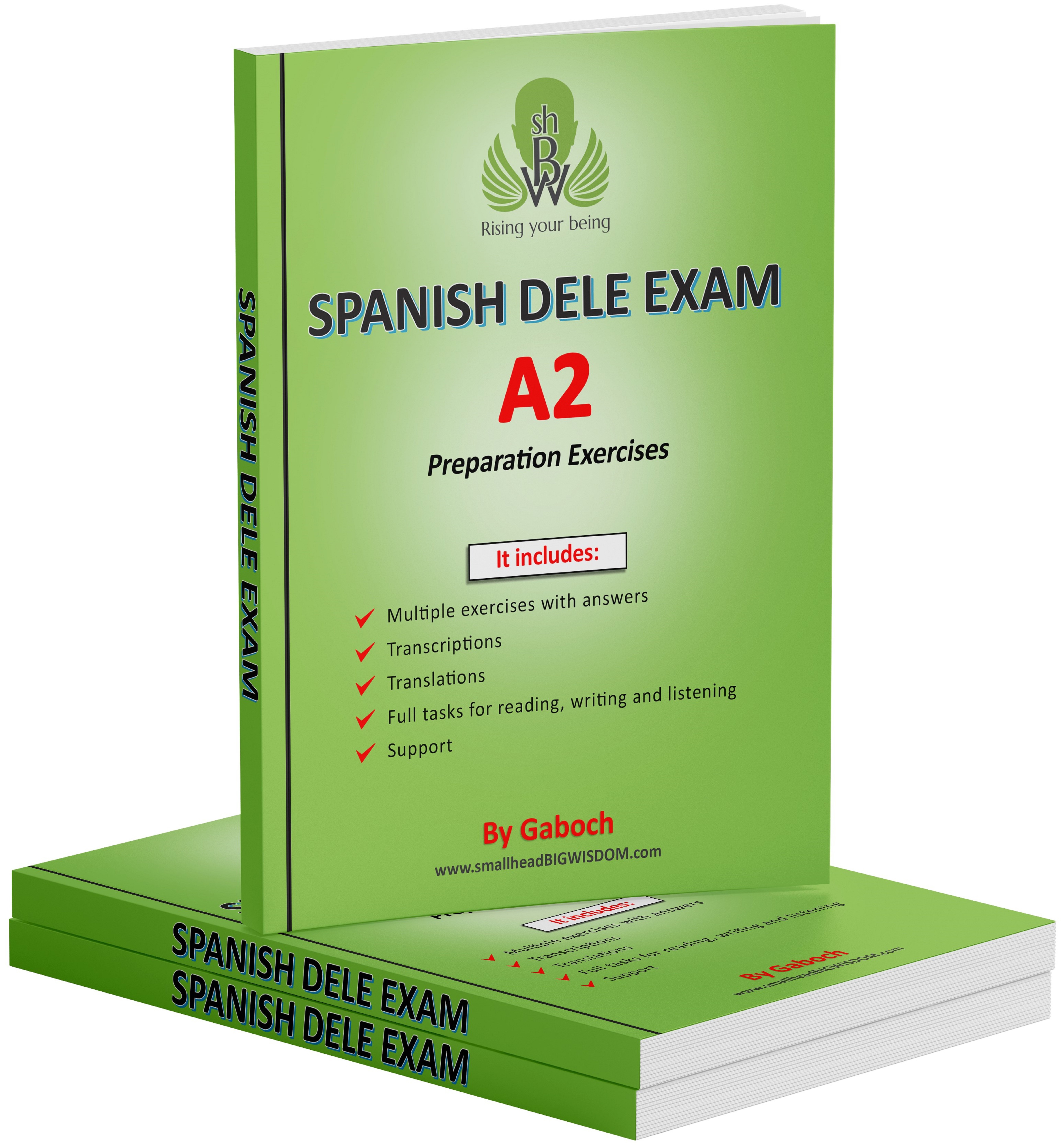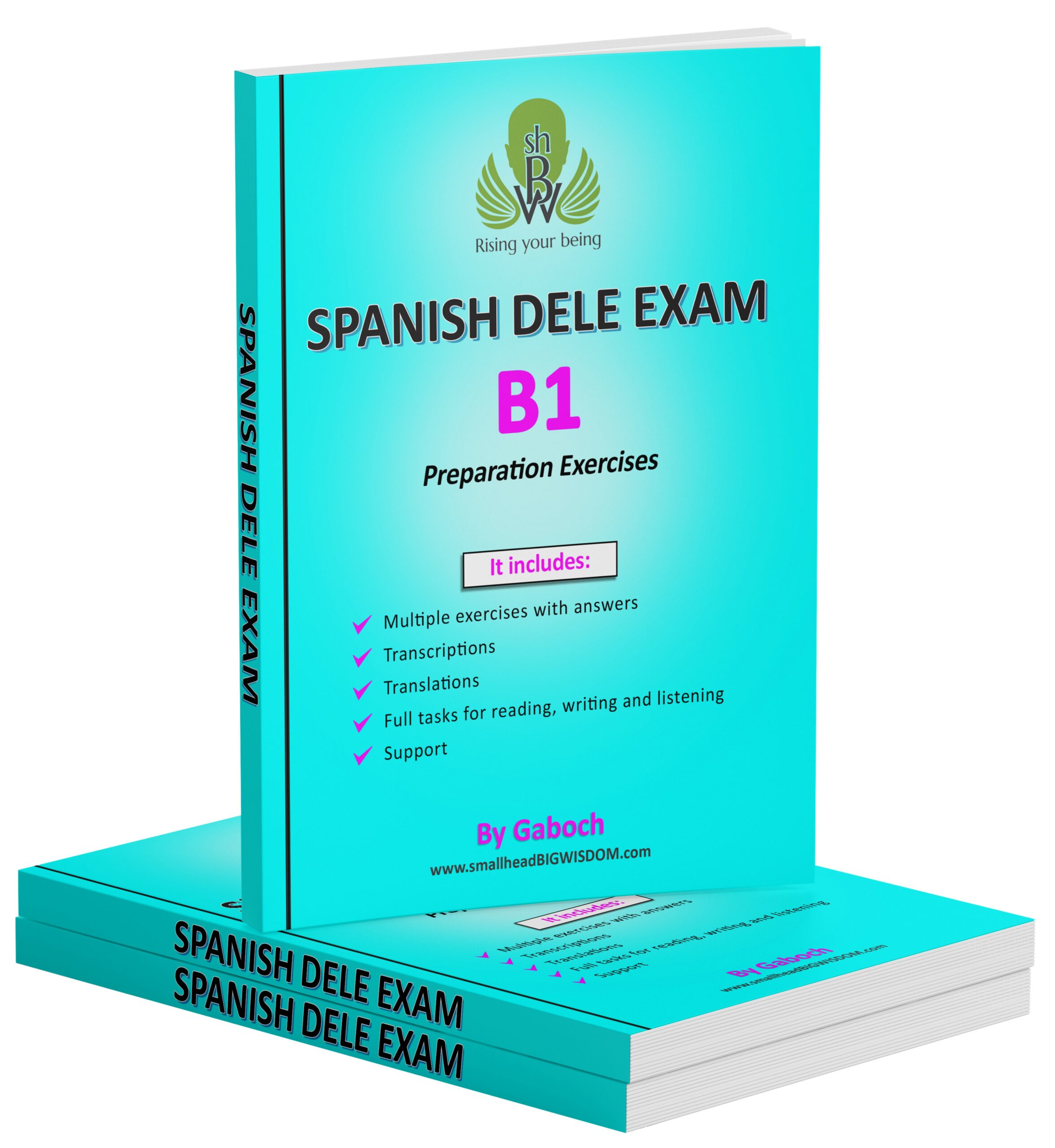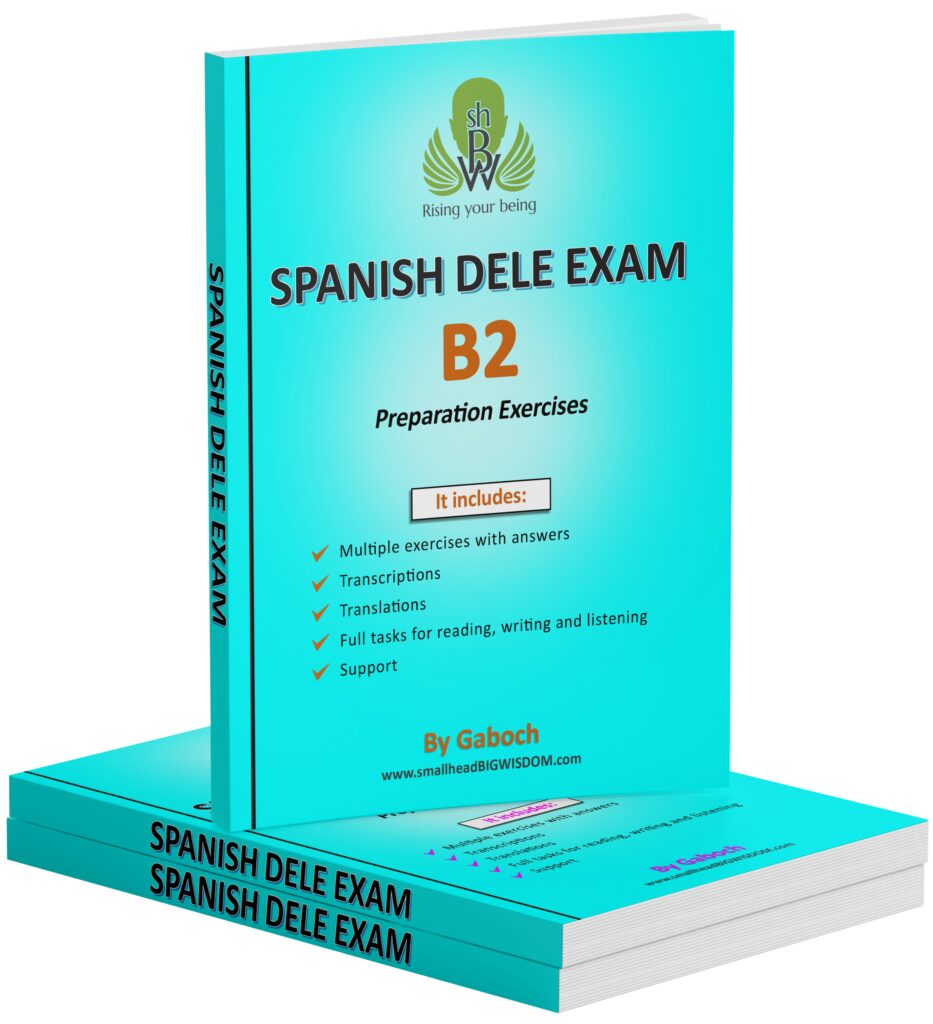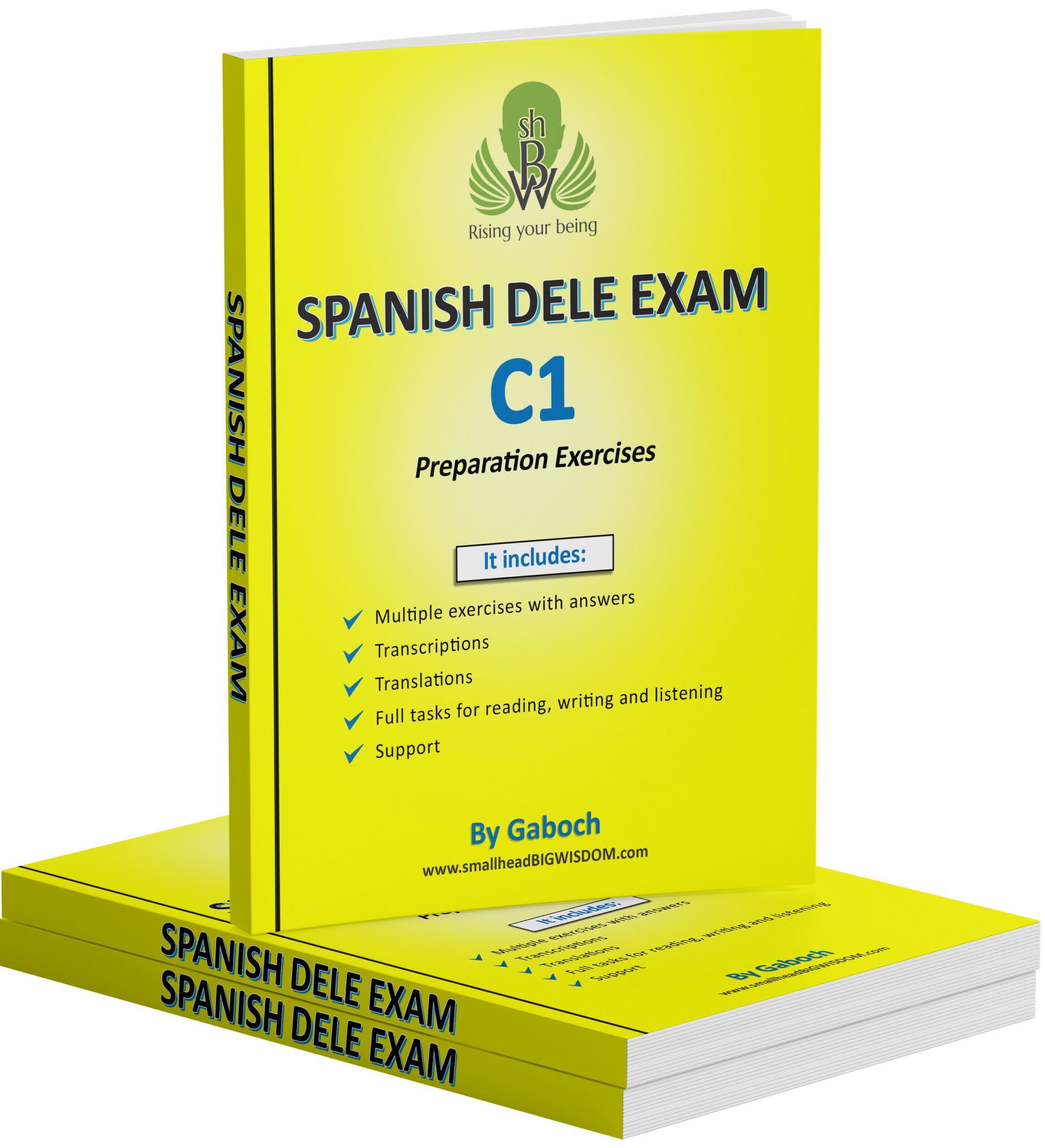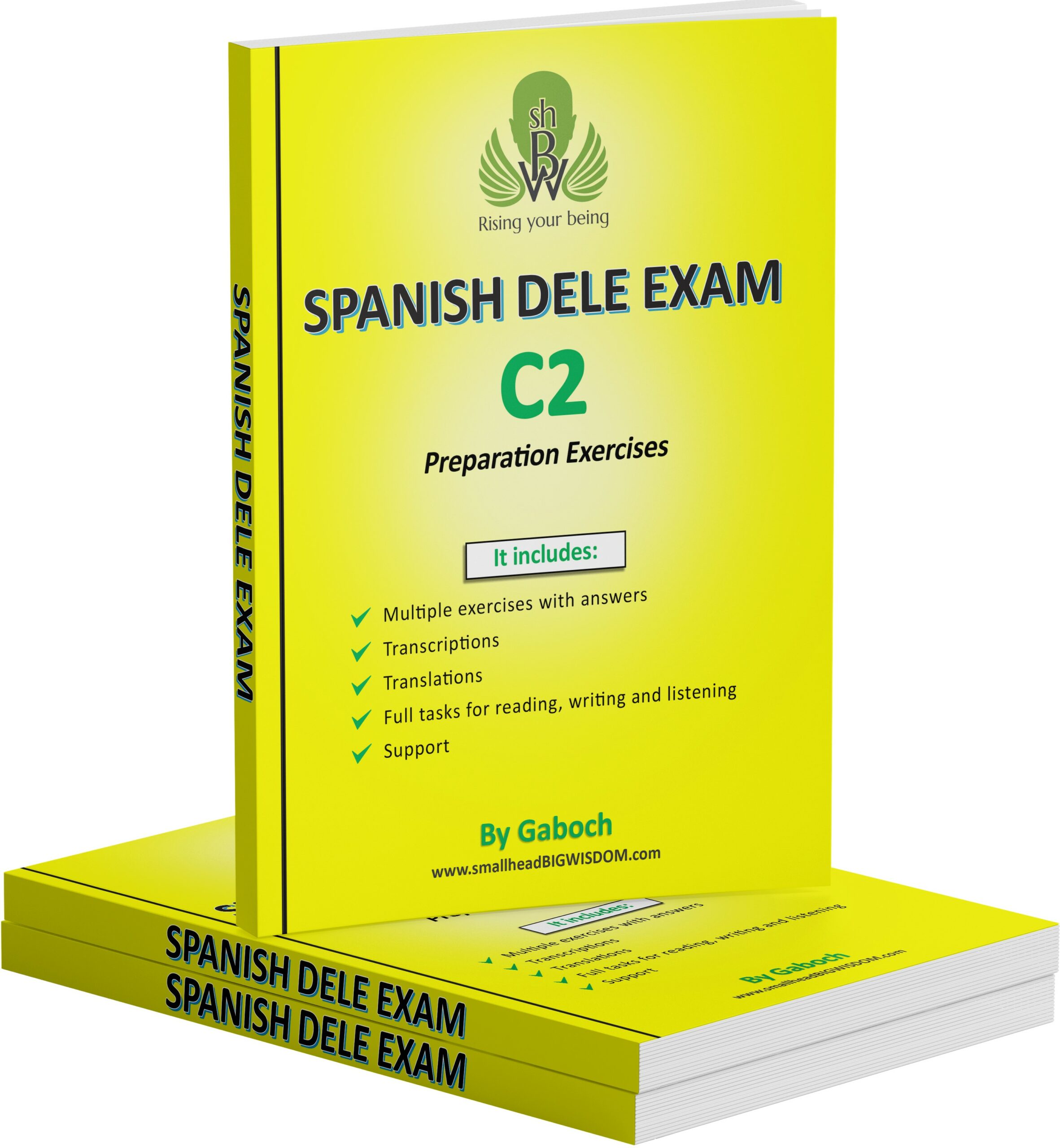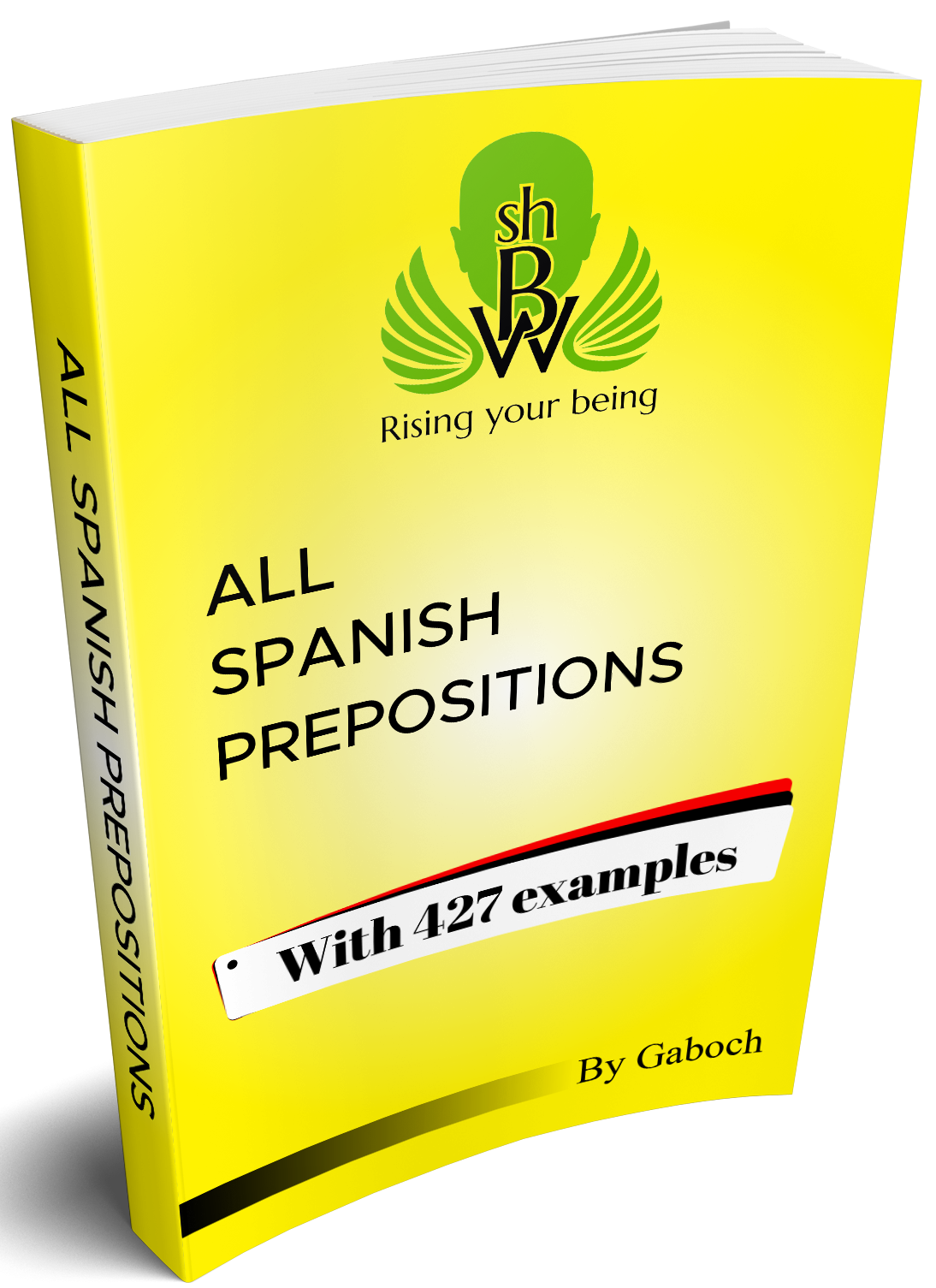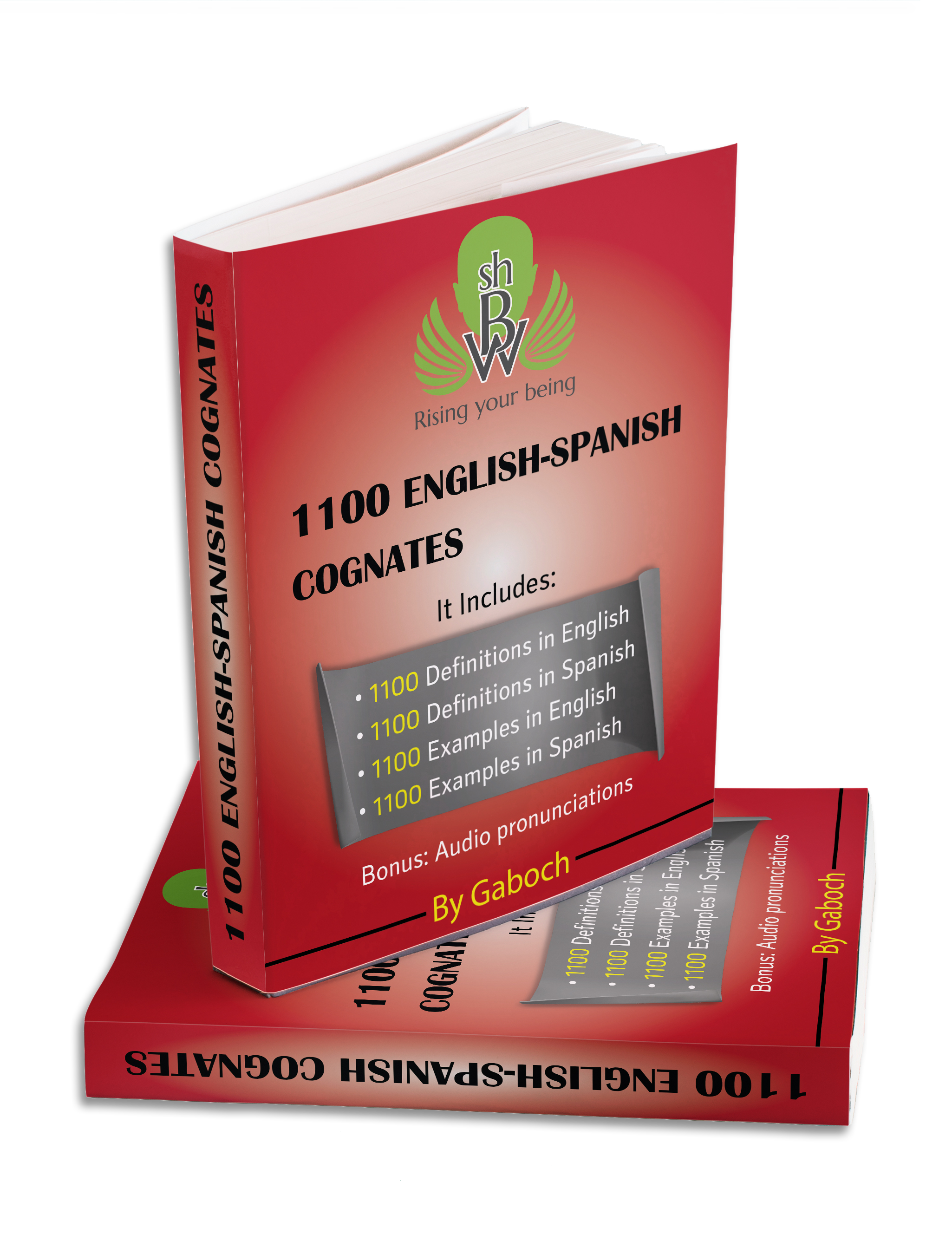smallhead BIGWISDOM
Rising your being
Uses of ESTAR
The verb “estar” corresponds to the English verb “to be”. Some of the most common uses are:
To specify locations of everything, except events.

- Los policías están en la esquina (Policemen are at the corner)
- El perro está echado en el sofá (The dog is lying down on the sofa)
- Estamos en el teatro (We are in the theater)
- Conditions or emotions

- Ella está rara hoy (She is very strange today)
- Estamos muy agotados (We are exhausted)
- Mi hijo estuvo muy feliz en su primer día de clases (My son was very happy on his first day of classes)
- Mis abuelos están muy enfermos (My grandparents are very sick)
- ¡Mañana estarás mejor! (Tomorrow you will be better!)
- With the gerund (verb+ing)

- Estoy hablando por teléfono (I am talking by phone)
- ¿Roberto está jugando fútbol? (Is Robert playing football?)
- Estamos evaluando tu propuesta (We are evaluating your proposal)
When “ser” and “estar” are correctly possible, “ser” must be used to indicate something permanent and “estar” to indicate something temporary. (Note: This rule is applicable only when both verbs are possible).

- Él es listo (It means he is smart)
- Él está listo (It means he is ready to do something, or he is smart but only today as in “Él está listo hoy”)
- Son viejos (It means they are old)
- Están viejos (It means they look old despite they’re young)
Get the book about 1100 English-Spanish Cognates!
Bonus: Audio pronunciations
Get it now!
(See Table of Content)
